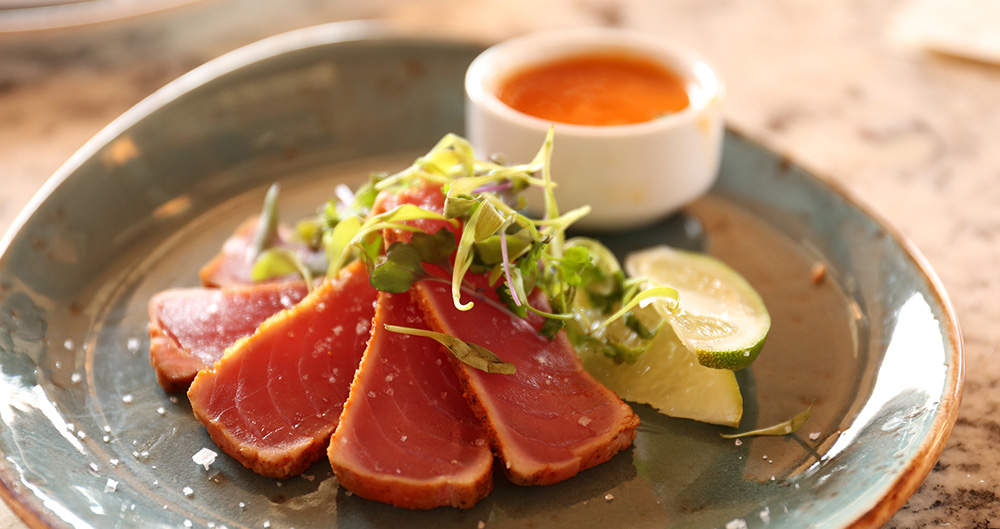Many people believe the raw food diet is some new-age trend, but its roots date back to the 1800s. Granted, support and interest are surging now but does its historical perseverance suggest significance. Should dieters trust the principles and opinions of a diet that has existed for more than 200 years only because it has maintained the test of time?
While it is true that most of what scientists know about diet and nutrition has not evolved significantly in the last few decades, surely, 200 plus years has given time for assessment and insight. The remainder of this article will dive into the specifics of the raw food diet and its claims, trying to uncover the truth between fact and fiction.
Understanding the Raw Food Diet and Its Core Value System
The premise of raw foodism or raw veganism is that completely raw and unprocessed foods are healthier than other cooked options. The guidelines stipulate that food is considered raw if it has never reached a temperature over 118 degrees Fahrenheit.
The primary ingredients of a raw food diet include plant-based foods, but some participants include raw eggs and dairy. While the consumption of raw fish and meat is also acceptable, it is not a popular option. While supplements are generally encouraged on many vegetarian diets to ensure adequate nutrition, the raw food diet discourages such additions.
Proponents of the raw food diet believe that it improves vitality, increases energy, promotes weight loss, and can improve chronic conditions. They also believe that cooking food strips it of its nutrient content and destroys natural enzymes, reducing the "life force" of the meal.
[insert page='Offer' display='content']
Raw Food Is Not Fundamentally Healthier Than Cooked
Despite the core beliefs of diet supporters, there is no evidence to suggest that raw food is healthier than cooked. Research has shown, time and time again, there are health benefits to consuming both cooked and raw foods.
The argument that cooking destroys the natural enzymes in food is overrated. True, cooking does cause enzymes to denature, but the same thing happens in the acid of the stomach. In truth, the body produces its own enzymes, facilitating necessary chemical processes. making the argument moot.
Proponents of the diet also argue that cooking strips away essential nutrients from the food, particularly B vitamins and vitamin C that are water-soluble. However, while some nutrients are diminished through cooking, the process promotes access to other nutrients and antioxidants. Cooking also makes food safer and healthier to consume by eliminating harmful compounds, such as phytic acid or lectins found in grains and legumes. Harmful bacteria also cannot survive the cooking process.
None of this is to say that you should not eat raw food. The scientific information currently available merely suggests the healthiest diet contains a mix of both raw and cooked foods.
The Raw Food Diet Is Not a Long-Term Solution
The raw food diet presents several potential risks, but the most significant is the lack of caloric intake. While people can find success in losing weight on this diet, that weight loss is not particularly healthy if it results from caloric deprevation. Granted, all weight loss programs are focused on calorie restriction, but being too strict and not receiving adequate nutritional support can result in health problems and eating disorders.
Do you have any experience with the raw food diet? If so, how was your experience, and do you have any advice for others that wish to try it? Leave a helpful and supportive comment below about your nutritional journey.


I’ve only ever eaten raw vegetables not meat